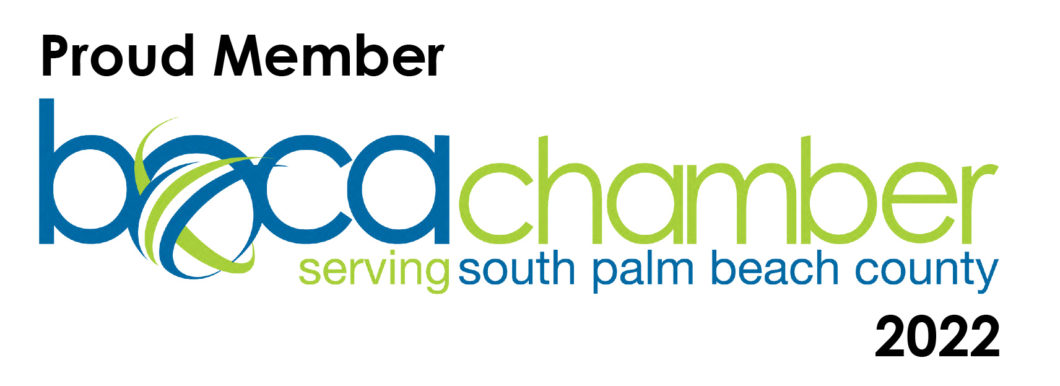At Lubliner Law, we represent homeowners’ associations and condominium associations in complex legal actions against developers who fail to meet their obligations—whether it’s poor construction, delayed turnover, financial mismanagement, or clubhouse buyout controversies.
Common Legal Issues We Handle for Associations:
- Construction Defects: Foundation cracks, water intrusion, HVAC failures, roofing problems, and more.
- Warranty Disputes: Builder ignoring warranty claims or refusing to make necessary repairs
- Code Violations & Poor Workmanship: Substandard materials or construction not up to code
- Developer Negligence: Builders who delay, abandon projects, or violate contract terms

Why Associations Choose Lubliner Law
- Decades of experience navigating Florida’s HOA and COA laws
- Aggressive representation of boards seeking developer accountability
- Strategic counsel for complex multi-party construction litigation
- Clear communication and board education throughout the legal process
Why Associations Choose Lubliner Law
- Decades of experience navigating Florida’s HOA and COA laws
- Aggressive representation of boards seeking developer accountability
- Strategic counsel for complex multi-party construction litigation
- Clear communication and board education throughout the legal process
Your Community Deserves Better. Let’s Take Action.
Our firm partners with boards ready to protect homeowners’ interests and recover damages. We work with property managers, engineers, and association counsel to build a solid case against negligent or abusive developers.
Schedule a Free Consultation for Your Board Today
Let’s review your situation and determine your best course of action—confidentially and without obligation.
Frequently Asked Questions
Can an HOA or condo association sue a developer for construction defects?
Yes. Associations can file legal action against a developer for defects in common areas or amenities—such as roofing, plumbing, drainage, or structural failures—that were caused by negligent construction, poor materials, or code violations.
What is a developer turnover and when should it happen?
Developer turnover is the legal process where control of the association is transferred from the developer to the homeowners. In Florida, turnover is required after a certain number of units are sold or a set time period passes. If your developer has delayed turnover or failed to deliver required documents, your board may have legal recourse.
What are common legal issues during or after developer turnover?
Boards often face problems like missing financial records, unfunded reserves, improperly constructed amenities, unauthorized contracts, or attempts by the developer to retain control beyond the statutory deadline.
Our developer wants to buy out the clubhouse—can we stop them?
Possibly. Clubhouse buyouts or amenity transfers must follow strict legal procedures and cannot be done in a way that harms homeowners’ interests or violates governing documents. We can review any proposal and intervene if it’s legally questionable.
What if the developer mismanaged association funds or failed to collect assessments?
If the developer failed to properly manage finances before turnover—such as underfunding reserves, overpaying vendors, or waiving assessments for unsold units—your association may be entitled to damages or recovery of funds.
Who pays for the legal costs of suing a developer?
In many cases, associations can recover legal fees as part of a successful claim. We also offer flexible fee arrangements and can discuss options during your consultation.
Will our board be exposed to liability for suing the developer?
No. As long as the board is acting in the best interest of the association and its members, pursuing legal action is part of your fiduciary duty. We’ll guide you carefully through every step.
Get In Touch Today
We are experienced advocates that vigorously represent the rights of our clients. Call Lubliner Law (561) 207-2018 for a free consultation, or email us by filling out the form below – We’re Here to Help.





